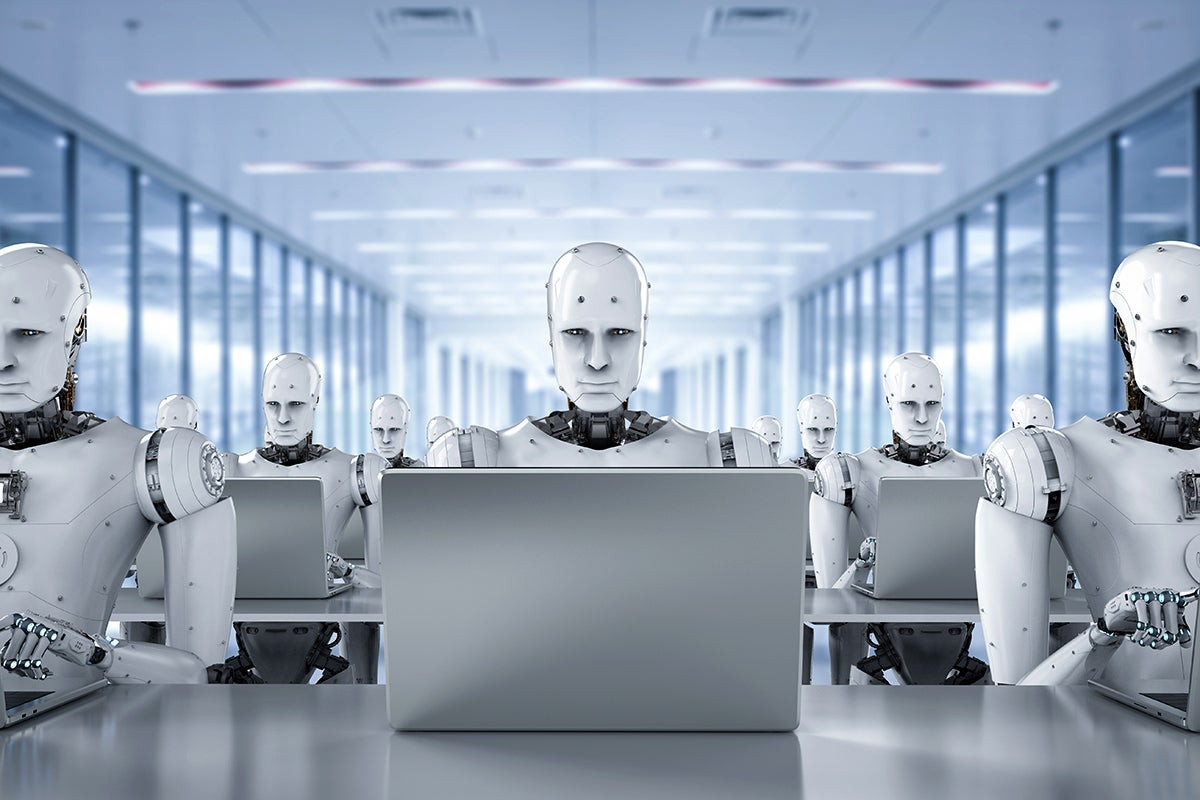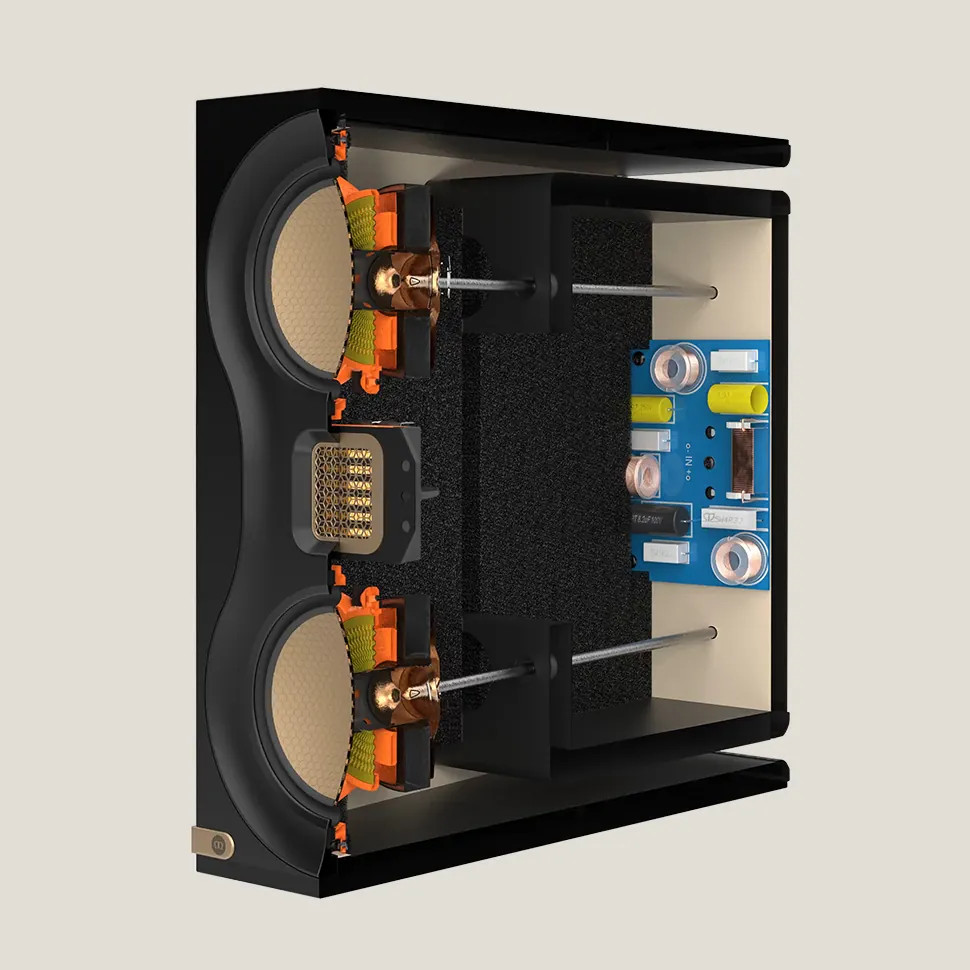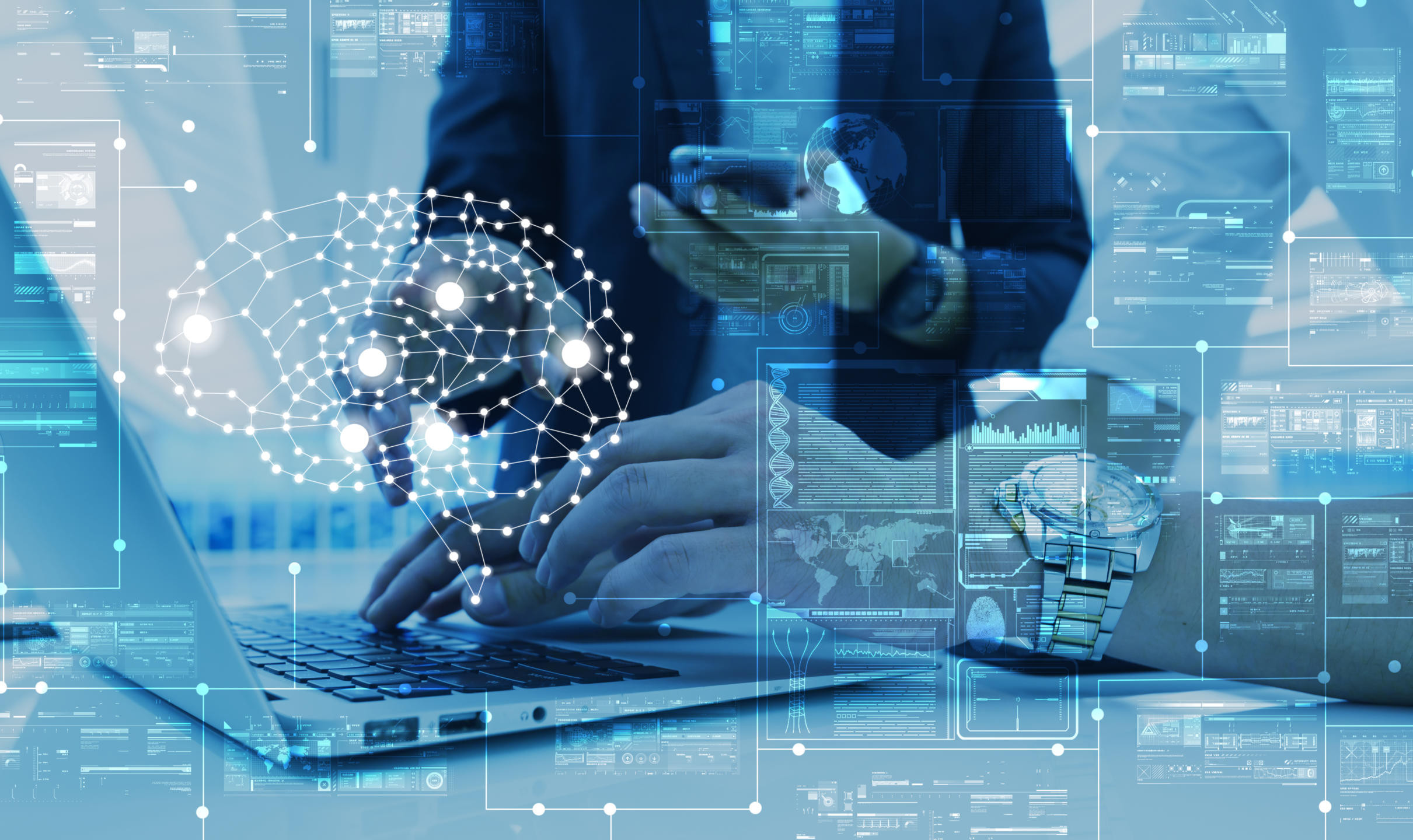The Rise of AI in the Workplace
The rapid advancement of artificial intelligence (AI) has sparked a debate about the future of work. As AI-powered robots become more sophisticated, they are increasingly capable of performing tasks that were once considered the exclusive domain of humans. This raises a crucial question: are we on the verge of a future where robots take over our jobs, leaving humans with limited employment opportunities?
The automation of jobs is not a new phenomenon. Throughout history, technological advancements have led to the displacement of certain jobs, while simultaneously creating new ones. The Industrial Revolution, for example, saw the rise of factories and mass production, leading to the decline of artisanal crafts. However, the current wave of AI-driven automation is unprecedented in its scope and speed.
The Impact of AI on Various Industries
The impact of AI is being felt across a wide range of industries. In manufacturing, robots are already used for tasks such as welding, assembly, and packaging. In customer service, chatbots are increasingly being deployed to handle inquiries and provide support. Even in creative fields like writing and music composition, AI tools are emerging that can generate content that rivals human output.
The Job Market in the Age of AI
The increasing prevalence of AI in the workplace has raised concerns about the future of employment. While some argue that AI will create new jobs in fields like AI development and data science, others fear that the displacement of jobs will outweigh the creation of new ones. This could lead to increased unemployment and economic instability.
The Skills Gap
One of the key challenges facing the job market in the age of AI is the skills gap. As AI-powered robots become more capable, workers will need to develop new skills to remain competitive. This includes skills in areas like data analysis, programming, and AI ethics. Governments and businesses will need to invest in education and training programs to ensure that workers have the skills needed to succeed in the future of work.
The Ethical Implications of AI
The rise of AI also raises ethical questions. For example, should AI be used to make decisions that have a significant impact on people's lives? What are the implications of AI for privacy and security? These are complex issues that require careful consideration and debate.
The Need for Regulation
As AI technology continues to evolve, it is crucial to have regulations in place to ensure its responsible use. Governments and regulatory bodies need to establish clear guidelines for the development, deployment, and use of AI systems. This includes addressing issues such as data privacy, algorithmic bias, and the potential for job displacement.
Embracing the Future of Work
The future of work is likely to be one where humans and AI collaborate to achieve shared goals. While AI will automate many tasks, it will also create new opportunities for humans. The key to success in the age of AI will be to embrace lifelong learning, develop in-demand skills, and adapt to a rapidly changing work environment.
The Importance of Human Skills
Even as AI advances, there will always be tasks that require human skills, such as creativity, empathy, and critical thinking. These skills are difficult for machines to replicate and will be in high demand in the future. By focusing on developing these skills, workers can position themselves for success in the age of AI.
Conclusion: A Future of Collaboration
The rise of AI is a transformative force that is changing the world of work. While there are challenges and uncertainties, it is also an opportunity for innovation and progress. By embracing the power of AI while prioritizing human skills and ethical considerations, we can create a future of work where humans and AI collaborate to achieve a better future for all.
The rise of AI is a complex issue with far-reaching implications for society. The future of work is still being written, and it is up to us to shape it in a way that benefits all.

















